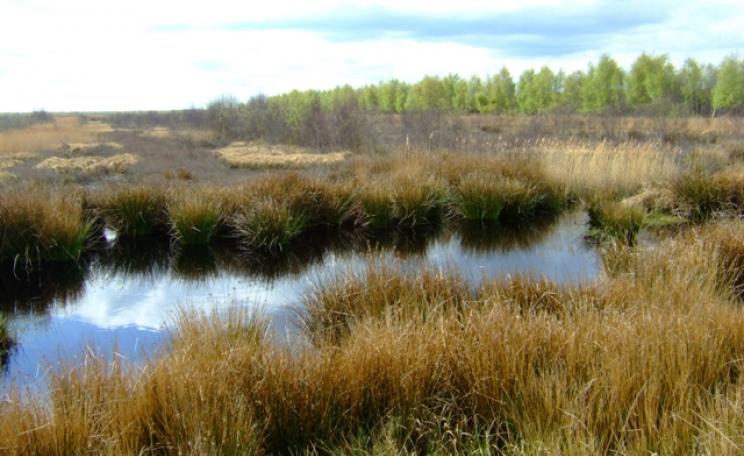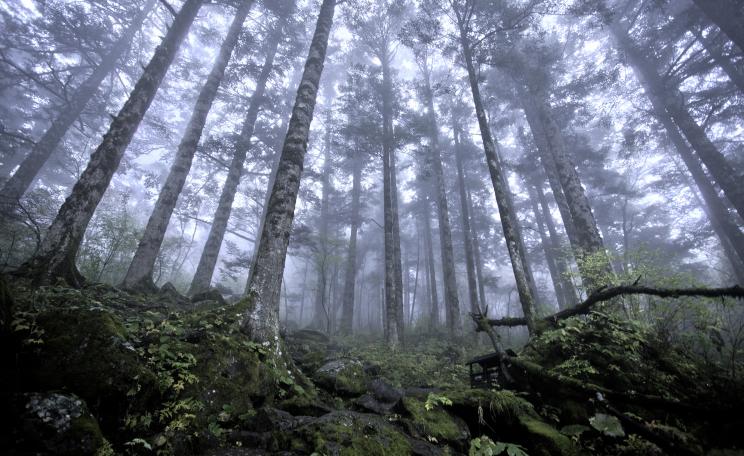Tomorrow will see a demonstration of unity behind the need for action - from individual citizens, different focused campaigning groups, to large mass membership organizations.
From the rapid decline of once common birds and the disappearance of butterflies, to the destruction of flower rich meadows and pollution of our most beautiful rivers, we have in a short time seen a huge transformation in the environment that we all live in and depend upon.
Having destroyed and degraded so much of what was once commonplace, many people believe it is time to start down the road to the recovery of nature in Britain, and that is why WWF is hoping many supporters will join many others there to send the signal that political and business leaders need to hear: that ‘we want our wildlife back’.
The support and passion for Britain’s wildlife is huge and diverse. Tomorrow will see a demonstration of unity behind the need for action - from individual citizens, different focused campaigning groups, to large mass membership organizations. Our call will be for a new plan for the recovery of nature across our islands, reversing the decades’-long spiral of decline that has left us today as one of the most nature-depleted countries on Earth.
Long-term plans
We know all we need to know to do this. We have a tool kit that is tried and tested, but which now needs to be modernised, properly resourced and harnessed with renewed vigour and ambition. New policies being developed by government, including a new farming policy and a new Environment Act, could be part of the package of changes that we need to adopt.
For WWF, one of our top priorities is for a new Environment Act backed by a powerful watchdog. We are campaigning for that to enshrine in law a duty on ministers and public bodies to adopt policies and decisions that support the recovery of nature. A pledge to leave nature in better shape that we found it was made earlier this year by the Prime Minister, in the form of a non-binding 25 Year Environment Plan.
Tomorrow will see a demonstration of unity behind the need for action - from individual citizens, different focused campaigning groups, to large mass membership organizations.
Although that made some welcome commitments, including paying farmers to help wildlife recover, such a document might not survive a change of ministers, never mind a change of government.
This is why new laws are needed, to place the recovery of nature on a legal and long-term footing, as we did ten years ago to reduce climate changing pollution with the adoption of the Climate Change Act. That has proved effective in delivering long-term action for a long-term problem, and we believe the same needs to be done now, for the recovery of the natural environment. This would put the UK on a path to restoring its nature
We also need to see government allocating the money needed to deliver this. Last year Britain’s official conservation bodies spent the equivalent of about two cups of coffee each for everyone in the country. With such limited resources and recent budget cuts that have made things worse, perhaps it is no wonder these bodies are struggling to undertake even their basic functions, never mind the ever more challenging task that now lies before them.
Essential investment
Part of the trouble appears to be down to the extent to which we have fallen into the trap of seeing the protection and recovery of nature as a cost, rather than as a sound investment. Natural areas protect homes from flooding, insects pollinate crops, healthy ecosystems purify water, wildlife is a massive asset for tourism and spending time outside in vibrant natural areas supports and protects public health.
All that is worth far more than we pay to keep and restore it. Now is the time to step up and make the investment needed, for nature is not only beautiful and vital to save for its own sake, but essential for people too.
For young people in particular, this is an agenda of huge importance. They will inherit the consequences of our present direction of travel and we hope they more than any other group will join us and lead in the process of change.
That process is not only about the UK, of course, but the entire world. The simple fact is that we are tearing apart the web of life globally. If we can halt and reverse this disaster here in Britain, one of the richest democracies in the world, with its top scientists and informed public, then that will be an important act of leadership.
After all, if we can’t do that here, then where will it be done?
This Author
Tony Juniper CBE is executive director for advocacy and campaigns at WWF-UK.







